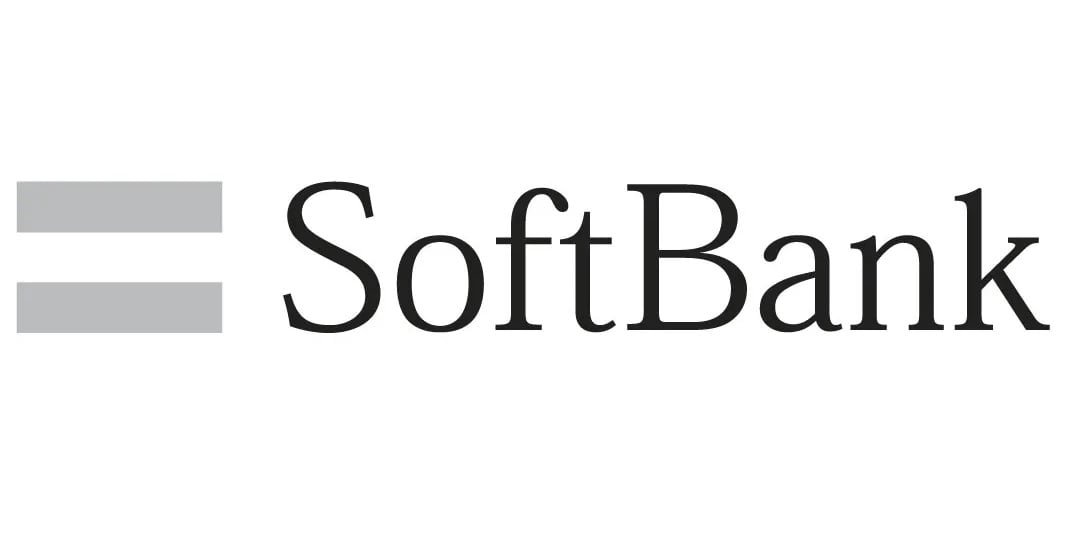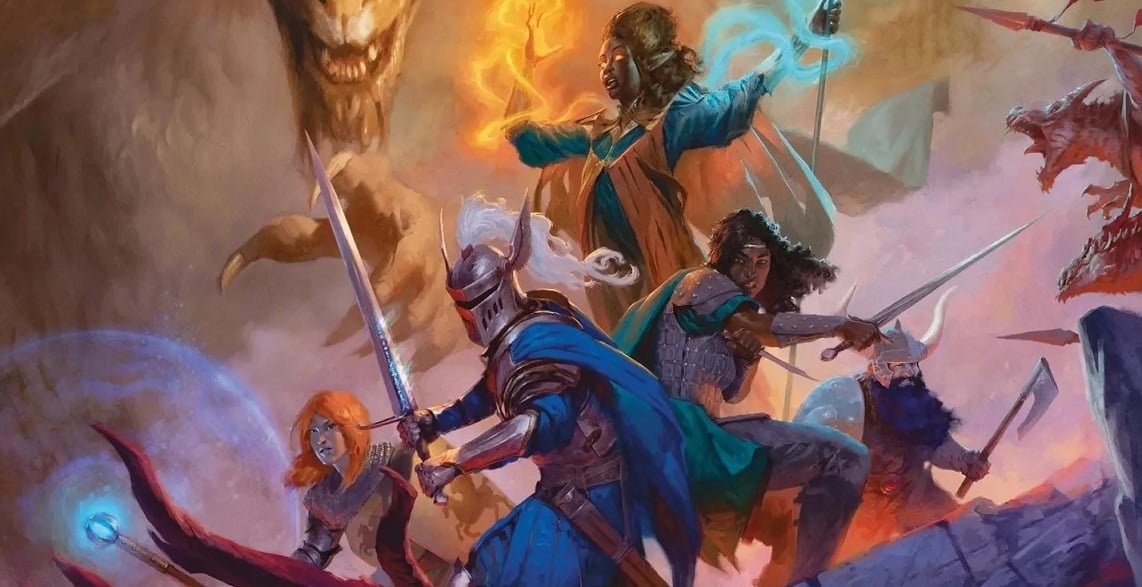Japanese investment company SoftBank has recently applied for a patent for an AI service that replaces missing players in tabletop role-playing games, Game*Spark reports.
According to the official description of the patent, the AI tool has three main features – character learning, conversation log analysis and response generation. Using a machine learning algorithm, the AI would be prompted to learn the characteristics and behavioral patterns of the missing player’s character. Then, through natural language processing, it would analyze conversation logs of previous sessions in order to understand the context and predict the way the character would react in a given situation – thus generating an appropriate response.
This means that, hypothetically, the AI will be able to completely replace the missing player (or more specifically, their character), mimicking their speech and behavioral patterns, and generating responses and moves that are in line with the character’s personality and context of the game.

As Game*Spark notes, similar AI tools have already been released over the past few years – most notably MinePal, a personalizable AI companion that can play Minecraft together with you – fighting, exploring, remembering locations, reacting to your actions and casually chatting while you play. Another example is Google DeepMind’s Sima, an AI designed to be your player two in many different game environments. Microsoft has also recently announced Copilot for Gaming for the Xbox, an AI assistant tool that can spectate your gameplay and, allegedly, give you tips that could help you boost your gaming skills.
With so many companies announcing their AI tools for gaming and proposing new projects, it certainly won’t be surprising if the AI market grows even more competitive in the near future. Furthermore, AI tools with the concept of “mimicking a player,” such as the aforementioned MinePal, are not exactly a new thing, and as AI technology is difficult to develop without relying on pre-existing models, this poses a question whether and how it realistic is to patent such inventions. We also can’t help but to ask ourselves – are AI “co-players” what gamers nowadays really need?





